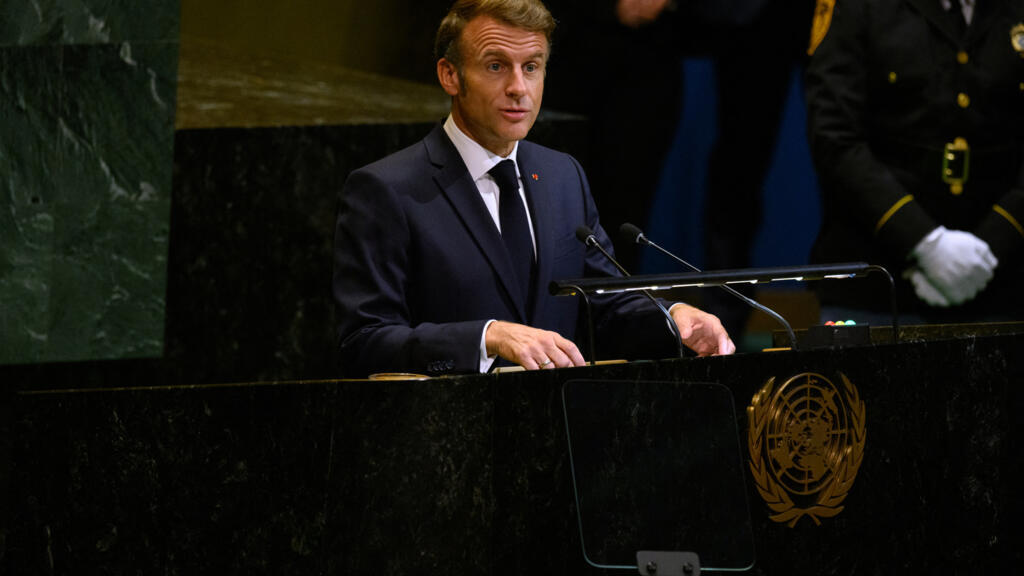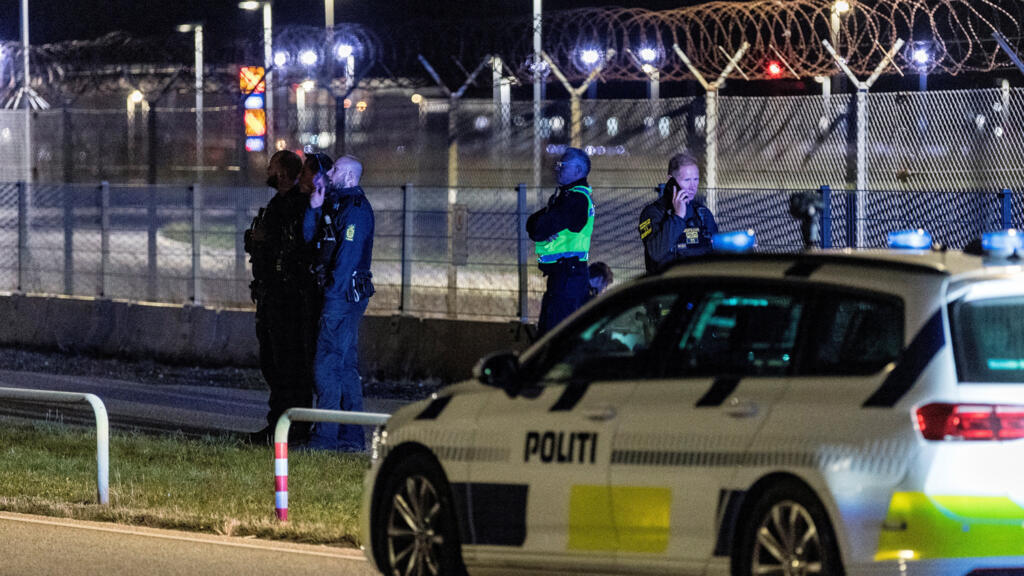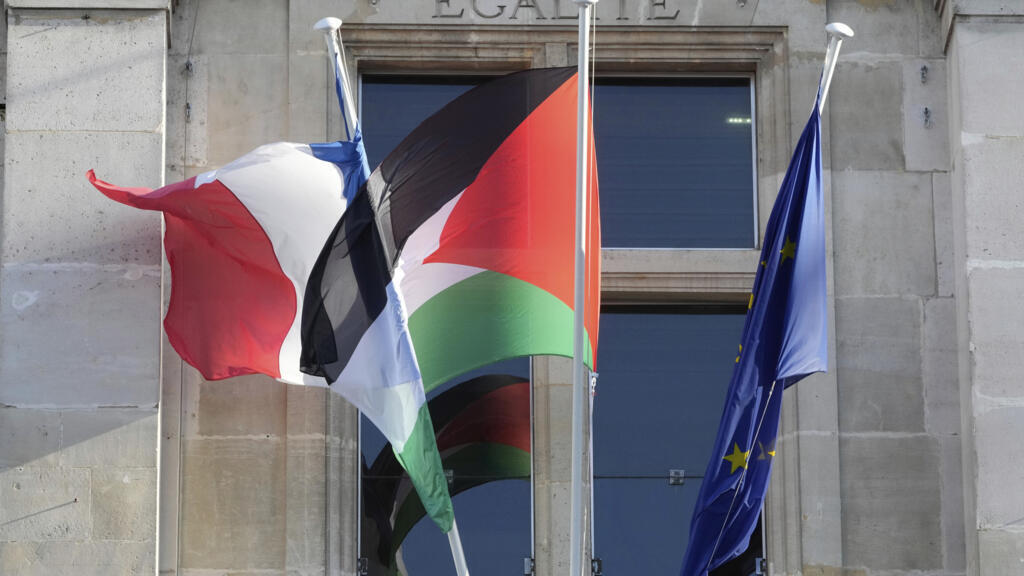During his address at the United Nations General Assembly on a Tuesday, French President Emmanuel Macron defended the role and relevance of the United Nations in the contemporary geopolitical landscape. His remarks came in sharp contrast to the earlier dismissive stance taken by U.S. President Donald Trump, who has been vocal about his skepticism towards multilateral institutions. Macron's speech emphasized the necessity for international cooperation and the pivotal role that the UN plays in addressing global issues.
On the eve of the General Assembly, Macron took a significant diplomatic step by officially recognizing the state of Palestine. This announcement underscores France's long-standing support for Palestinian statehood, amidst ongoing tensions in the region. By aligning France with Palestine in this manner, Macron not only reasserted France's commitment to a two-state solution but also aimed to elevate the Palestinian cause within the international community.
In his address, Macron also expressed solidarity with both Gaza and Ukraine, highlighting the humanitarian crises unfolding in these regions. He reiterated France's support for Ukraine, particularly in the context of the ongoing conflict with Russia, which has seen significant human and economic costs. Macron underscored the need for a unified international response to support Ukraine, emphasizing principles such as sovereignty and territorial integrity. This commitment to Ukraine reflects France’s role as a key player in European and international diplomatic efforts to resolve the conflict.
Macron's speech also called for a renewed focus on multilateralism, arguing that the complexities of today's challenges—such as climate change, pandemics, and geopolitical tensions—require collective action and solutions. He pointed out that dismissing institutions like the UN only undermines global cooperation and may exacerbate existing conflicts. His remarks aimed to remind member states of their shared responsibilities and the importance of dialogue to foster peace and stability.
The French President's appeal for renewed engagement with international institutions was particularly timely. With various global crises unfolding, Macron's message sought to rally support for a rules-based international order, one that promotes diplomacy over confrontation. His position reflects a broader perspective within the European Union, which often advocates for multilateralism and collaborative approaches to international challenges.
Moreover, Macron touched upon pressing global issues such as climate change and public health, which require concerted efforts from all countries. He reiterated the need for global commitments to reduce carbon emissions and combat environmental degradation, framing these efforts as integral to ensuring a sustainable future for successive generations.
In conclusion, Macron's address at the UN General Assembly served as a clarion call for nations to come together and reinforce their commitments to international law and diplomacy. By supporting Palestine, standing with Ukraine, and advocating for the UN's role, he positioned France as a leader in promoting peace, cooperation, and global responsibility in an increasingly fragmented world.












